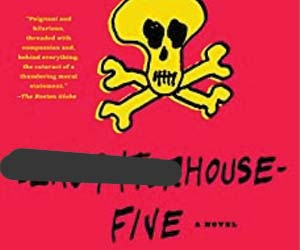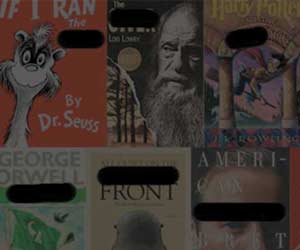Book Overview
One of the most controversial YA novels of all time, The Chocolate War is a modern masterpiece that speaks to fans of S. E. Hinton's The Outsiders and John Knowles's A Separate Peace . After suffering... This description may be from another edition of this product.
Customer Reviews
Bittersweet chocolate
Do I dare disturb the universe?
The Chocolate War, A Truly Great Teenage Style Novel
Not for the weak of heart
cruelty and conformity share this bleak novel
The Chocolate War Mentions in Our Blog

Since its launch in 1982, Banned Books Week has helped raise awareness of the many literary works that have been banned and/or challenged by individuals and groups across the U.S. through the years. To start the week off, let's take a look at some of the most frequently-challeneged or removed books from the last 20 years.

Okay, maybe we can’t eliminate censorship (yet...#goals), but we can celebrate Banned Books Week with gusto by reading all of the stories that someone (or someones) tried to silence, destroy, or restrict access to. Here are 50 of the most frequently banned and/or most recently challenged books, along with the "who, why, and how" of literary censorship in America.






